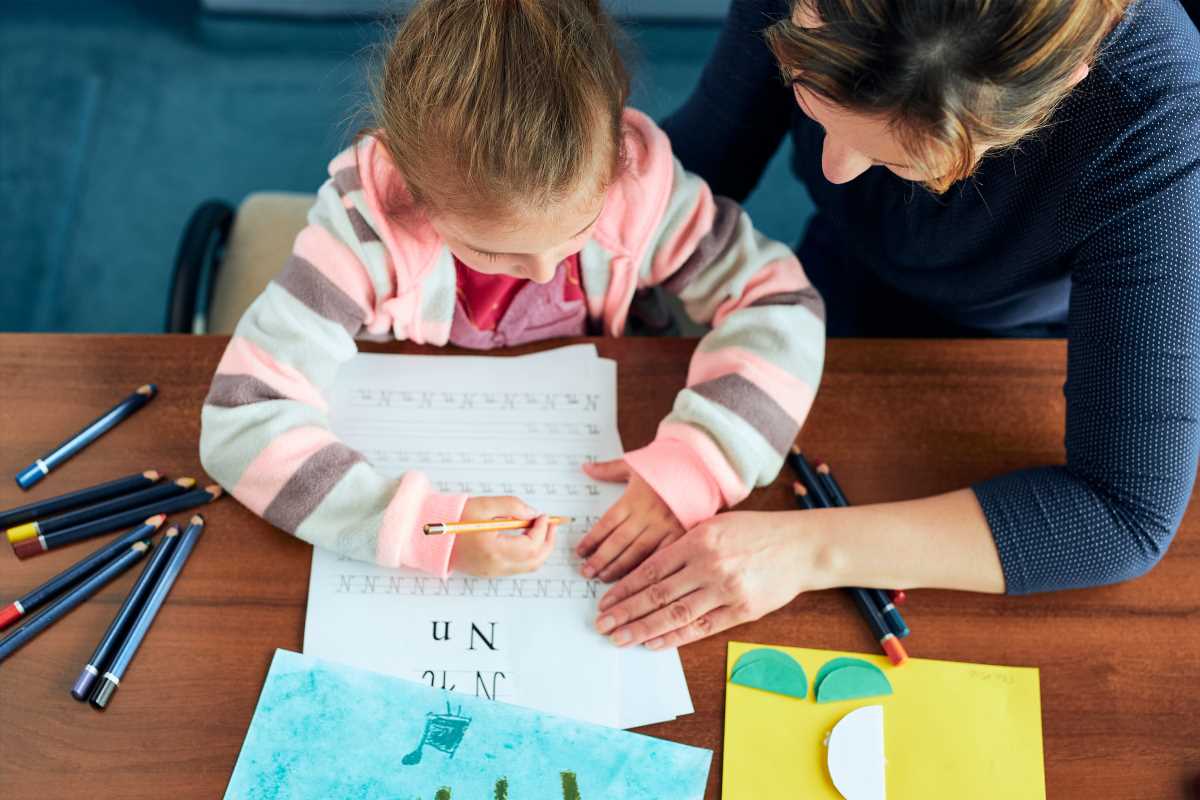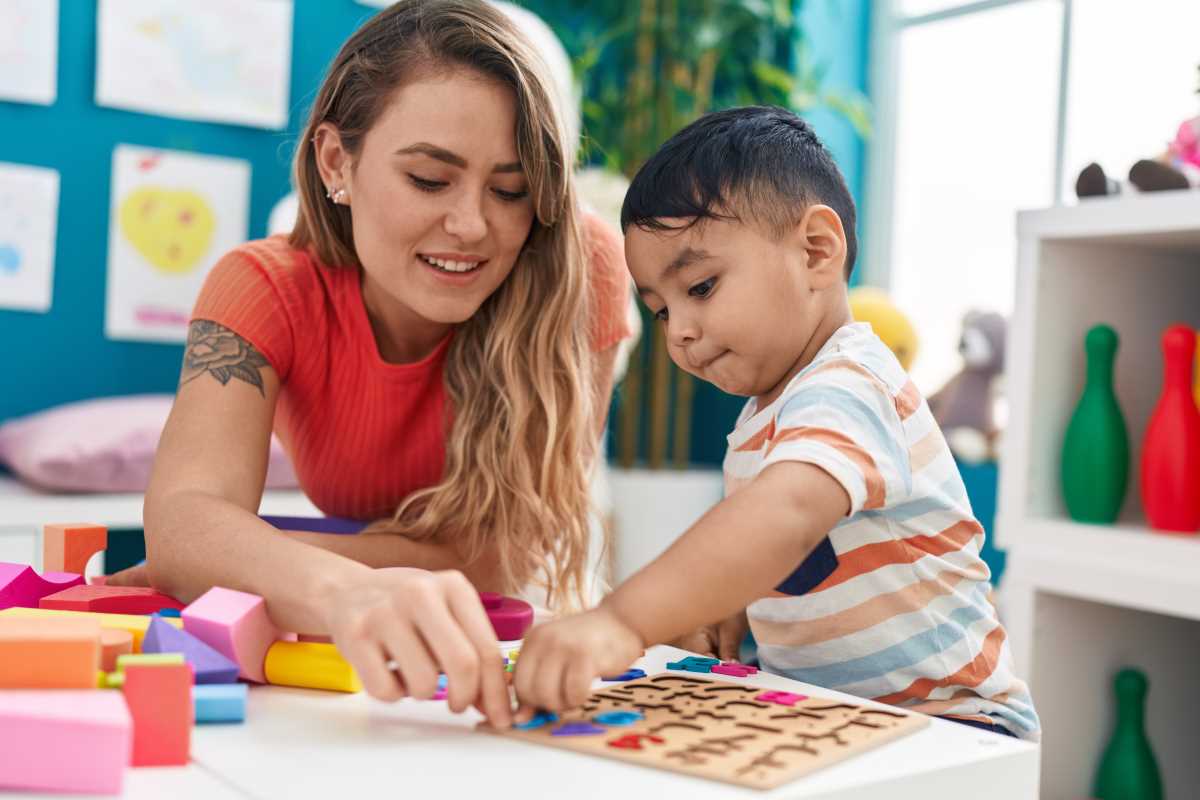Mathematics often gets a bad reputation as a subject that's intimidating or overly complex, but introducing it to preschoolers through play can change that perception entirely. Young children naturally approach the world with curiosity, imagination, and a desire to explore—qualities that align perfectly with early mathematical thinking. Rather than viewing math as a rigid set of rules or formulas, preschoolers can experience it as a fun and meaningful part of their everyday lives. When introduced through interactive and playful methods, math becomes approachable and engaging, helping children associate the subject with enjoyment instead of stress. Early exposure to counting, sorting, and recognizing patterns not only develops foundational numeracy skills but also encourages cognitive flexibility and problem-solving. This stage of development offers a unique opportunity to lay the groundwork for positive attitudes toward math, which can influence academic performance for years to come. With the right guidance from parents and educators, preschoolers can see math not as a hurdle, but as an exciting tool for understanding and interacting with the world around them.
Understanding Preschoolers’ Learning
Preschoolers learn best through play, exploration, and hands-on experiences. Their natural curiosity drives them to understand the world around them, making this the perfect time to introduce basic math concepts. Unlike older children, preschoolers benefit from interactive and sensory activities that engage multiple senses, helping them grasp abstract ideas in a concrete way.
At this developmental stage, children develop critical thinking and problem-solving skills. They thrive in environments where they can experiment, make mistakes, and discover solutions on their own. Play-based learning caters to these needs by providing a safe space for exploration and creativity, allowing math to become an integral part of their daily experiences.
Incorporating Math in Daily Play
Integrating math into daily play doesn't require elaborate setups or specialized materials. Simple activities can seamlessly incorporate counting, sorting, and pattern recognition into a child's routine. For instance, setting the table offers opportunities to count plates and utensils, promoting number recognition in a practical context.
Another way to weave math into everyday play is through storytelling. Creating stories that involve numbers, shapes, and sizes can make mathematical concepts more relatable and memorable. Including math in routines like snack time or bath time can reinforce these skills consistently without making learning feel forced or pressured.
Games and Activities for Math Skills
- Building Blocks: Encourages understanding of shapes, sizes, and spatial relationships.
- Counting Games: Simple games like counting steps or toys enhance number recognition and counting skills.
- Puzzle Solving: Puzzles develop problem-solving abilities and improve hand-eye coordination.
- Sorting Activities: Sorting objects by color, size, or type teaches classification and categorization.
- Pattern Creation: Creating and identifying patterns with beads or tiles enhances sequencing and prediction skills.
Role of Parents and Educators
Parents and educators play a crucial role in creating a positive attitude toward math. By participating in play-based activities, they can model enthusiasm and curiosity, making math a fun and engaging subject. Encouraging questions and exploring answers together helps children feel supported and confident in their abilities.
Creating a math-rich environment at home and in educational settings is essential. This includes providing access to a variety of materials that promote mathematical thinking, such as books, games, and manipulatives. Celebrating small achievements and progress reinforces a child’s interest and motivation to continue exploring math.
Finnish Approach to Early Math Education
The love for math is deeply embedded in the Finnish educational system, particularly through the innovative Finnish Forest Schools. This approach emphasizes outdoor play and experiential learning, allowing children to engage with math in natural and meaningful ways.
In these schools, children explore mathematical concepts through activities like measuring tree heights, counting seeds, or creating patterns with natural materials. This hands-on experience not only makes math tangible but also connects abstract concepts to the real world, enhancing understanding and retention.
Overcoming Math Anxiety
- Create a Positive Environment: Ensure that math activities are fun and stress-free to build a positive association with the subject.
- Use Encouraging Language: Praise efforts and progress rather than focusing solely on correct answers, promoting a growth mindset.
- Integrate Math Seamlessly: Blend math into daily routines and play to prevent it from feeling like a separate or daunting task.
By addressing math anxiety early on, children are more likely to develop a resilient and enthusiastic approach to learning. Creating a supportive atmosphere where mistakes are viewed as learning opportunities helps children feel safe and motivated to tackle challenges.
Play-based math builds confidence and sparks curiosity, creating a joyful start to a child’s lifelong relationship with numbers.
 (Image via
(Image via





